Scott Institute announces 2025 seed grant winners
Giordana Verrengia
Mar 27, 2025
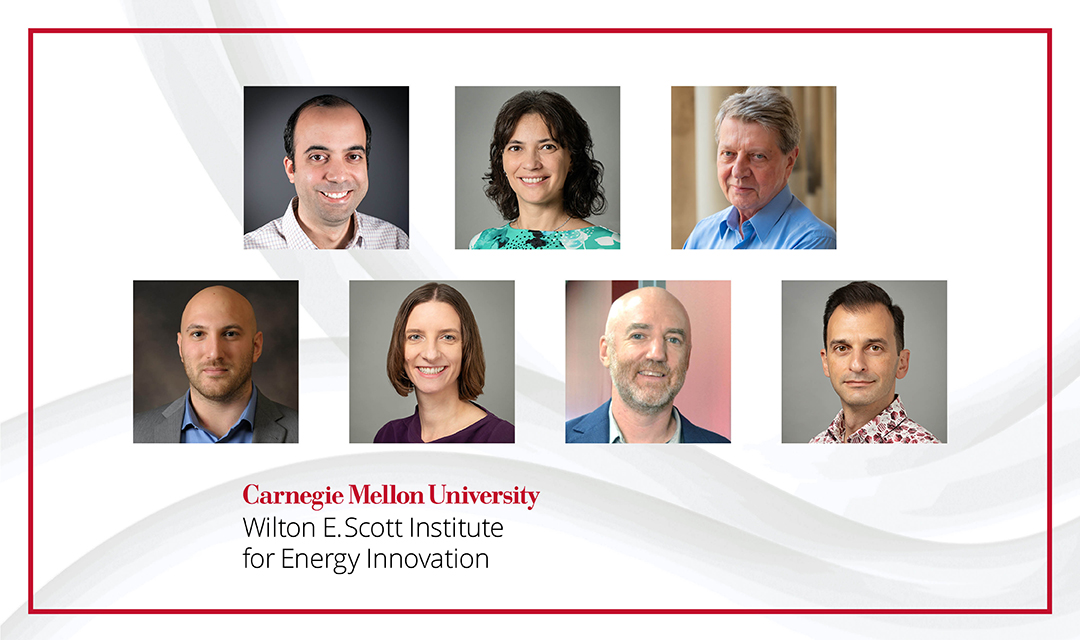
For the thirteenth year, the Wilton E. Scott Institute for Energy Innovation has awarded seed grant funding to sustainability projects helmed by faculty across Carnegie Mellon University, with particular emphasis on supporting cross-disciplinary research and projects that engage with building electrification and climate adaptation, and resilience.
This year, the awards were announced during Energy Week 2025 and comprise five projects that will receive over $400K in funding for researchers from the College of Engineering, the School of Computer Science, and Mellon College of Science.
The seed grant award is a prized opportunity for the Scott Institute to give ambitious projects a boost, with the intention that researchers will use the funding to grow their early-stage projects into larger efforts that will attract follow-on funding. Since 2013, 82 seed grant projects have garnered a further $26 million in funding as the projects have grown.
2025 seed grant awardees
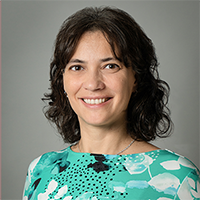
Ana Inés Torres
Ana Inés Torres, an assistant professor of chemical engineering, is taking the lead on research with regional impact. Torres received funding for the project “Decarbonized hydrogen, carriers, and sustainable aviation fuels production for the western PA area,” which will study “the potential production of clean hydrogen and carriers in western [Pennsylvania] and nearby areas.” Torres’ research group has expertise in techno, environmental, and economic assessment of clean hydrogen production processes. The project’s end goal is to produce an understanding of what clean hydrogen production methods might work best for the greater Pittsburgh region.
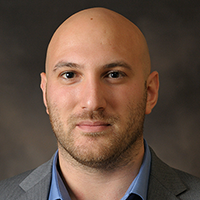
Dimitrios Skarlatos
Dimitrios Skarlatos, an assistant professor in the computer science department, will use support from the Scott Institute to tackle the growing energy demand of AI data centers — a theme that also took center stage during Energy Week 2025.
“Energy-efficient AI datacenters,” Skarlatos’ official project title, will include the development of a proof-of-concept that “enables fine-grained, efficient power management without requiring changes to existing AI software stacks.” These technical changes support the ultimate goal of improving performance and efficiency of AI hardware by a factor of 20.
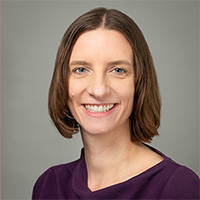
Kate Whitefoot
Kate Whitefoot, an associate professor of mechanical engineering and engineering and public policy, will serve as principal investigator for the project “Increasing Resiliency of U.S. Transportation Electrification.” Thanks to support from the Rankin Grand Challenge Program, Whitefoot’s research team will explore how to support decarbonization of the transportation sector while remaining adaptable to likely changes in the supply chain; varying greenhouse gas (GHG) emissions policies stateside and abroad; as well as differing consumer demands.
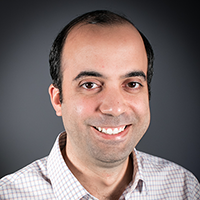
Mario Bergés
Mario Bergés, a professor of civil and environmental engineering, has a seed grant project that aligns with the mission of Trane Technologies, one of the Scott Institute’s Grand Challenge Partners, who will provide funding for “Ibex-RL: Reinforcement Learning Meets Physics for Scalable HVAC Control in Residential Buildings.” The proposal “addresses the critical challenge of decarbonizing buildings through the electrification of heating systems, with a focus on optimizing the operation of heat pumps” with the help of reinforcement learning (RL).
Scott Institute Hardware & Software Tool Upgrade Program recipients
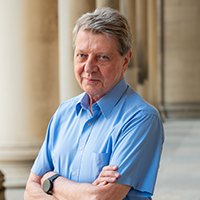
Krzysztof Matyjaszewski
Krzysztof (Kris) Matyjaszewski is the J.C. Warner University Professor of Natural Sciences in Chemistry. “High Lithium Transport Solid Polymer Electrolyte for Lithium-Metal Batteries,” the project that earned seed funding from the Scott Institute, supports the commercialization of lithium-metal batteries by finding solid polymer electrolytes (SPE) that can provide stability during the cycling process that ages batteries through charges and recharges.
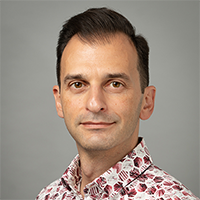
Albert Presto
Albert Presto, a research professor in mechanical engineering, has received support from the Scott Institute for the purpose of upgrading the sulfur dioxide monitor used by the Center for Atmospheric Particle Studies (CAPS). The research group, of which Presto a member, will use the refurbished monitor to track the presence of sulfur dioxide since it’s a known precursor to atmospheric fine particulate matter (PM), which is hazardous to human health and detrimental to the climate. The new and improved monitor will be applied to field research as well as to measure for the pollutant in the Pittsburgh area.
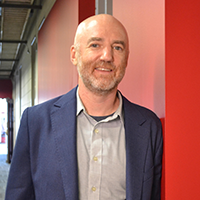
Mike Blackhurst
Mike Blackhurst, executive director of the Open Energy Outlook, has received support from the Scott Institute to continue refining the abilities of the OEO’s key resource, Temoa, a linear optimization model of macro energy systems.
Temoa’s database is meant to stay up to date with all potential technologies in the U.S. energy transition, a challenge because of the constant changes and the high volume of information. Blackhurst will use the entrepreneurship award to upgrade outdated features and enhance the database — including the addition of estimates of land use, water use, and labor demand in model energy results, which allow for more accurate and holistic recommendations.